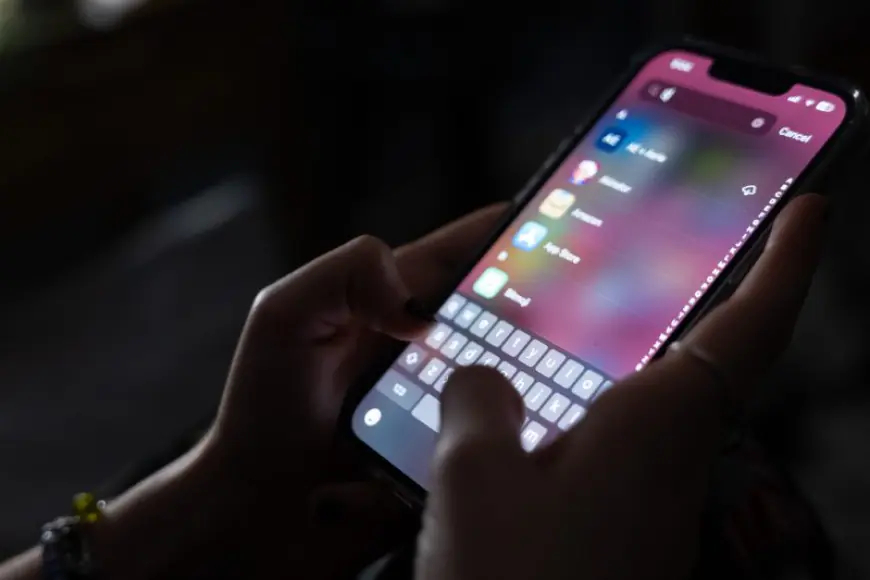Federal judge blocks Texas SCOPE law keeping kids from 'democratic exchange of views online'
A federal judge blocked enforcement of a Texas law that he found to restrict Texas minors' First Amendment rights, calling into question Texas Attorney General Ken Paxton's claims that the law protects minors from content he calls "harmful."

AUSTIN (KXAN) — A federal judge blocked enforcement of a Texas law that he found to restrict Texas minors' First Amendment rights, calling into question Texas Attorney General Ken Paxton's claims that the law protects minors from content he calls "harmful."
The Securing Children Online through Parental Empowerment (SCOPE) Act or HB 18 requires websites like Facebook and TikTok to implement strategies to prevent a minor from accessing content that "promotes, glorifies or facilitates" suicide, self-harm, eating disorders, substance abuse, stalking, bullying, harassment, grooming, trafficking, child [sexual assault material], or other sexual abuse.
Western Texas District Court Judge Robert Pitman said in the order that this part of HB 18 was "as content based as it gets," and thus deserving of strict scrutiny. Under that standard, Paxton must show a compelling state interest in censoring the content.
KXAN has reached out to Paxton for his response to the ruling.
"It is far from clear that Texas has a compelling interest in preventing minors’ access to every
single category of information listed above," Pitman wrote. "Many interests are not compelling, such as regulating content that might advocate for the deregulation of drugs (potentially 'promoting' 'substance abuse') or defending the morality of physician-assisted suicide (likely 'promoting' 'suicide')."
He also cited the Supreme Court's opinion in the 1975 case Erznoznik v. Jacksonville, where it found that "speech that is neither obscene as to youths nor subject to some other legitimate proscription cannot be suppressed solely to protect the young from ideas or images that a legislative body thinks unsuitable for them."
"In its attempt to block children from accessing harmful content, Texas also prohibits minors from participating in the democratic exchange of views online," Pitman wrote. "Even accepting that Texas only wishes to prohibit the most harmful pieces of content, a state cannot pick and choose which categories of protected speech it wishes to block teenagers from discussing online."
Pitman noted that many terms used in HB 18 are "too vague" and "politically charged." Specifically, he called out the terms "promoting, glorifying, substance abuse, harassment and grooming."
The lawsuit was brought by Students Engaged in Advancing Texas, the Foundation for Individual Rights and Expression, and law firm Davis Wright Tremaine on behalf of three minors who said that their access to content and ability to post about their experiences had been limited.
“This is a tremendous victory against government censorship, especially for our clients—ordinary citizens—who stood up to the State of Texas,” said Adam Sieff, partner at Davis Wright Tremaine. “The Court enjoined every substantive provision of the SCOPE Act we challenged, granting even broader relief than its first preliminary injunction. We hope this decision will give other states pause before broadly restricting free expression online.”
You can read Pitman's ruling below:
What's Your Reaction?









































































































